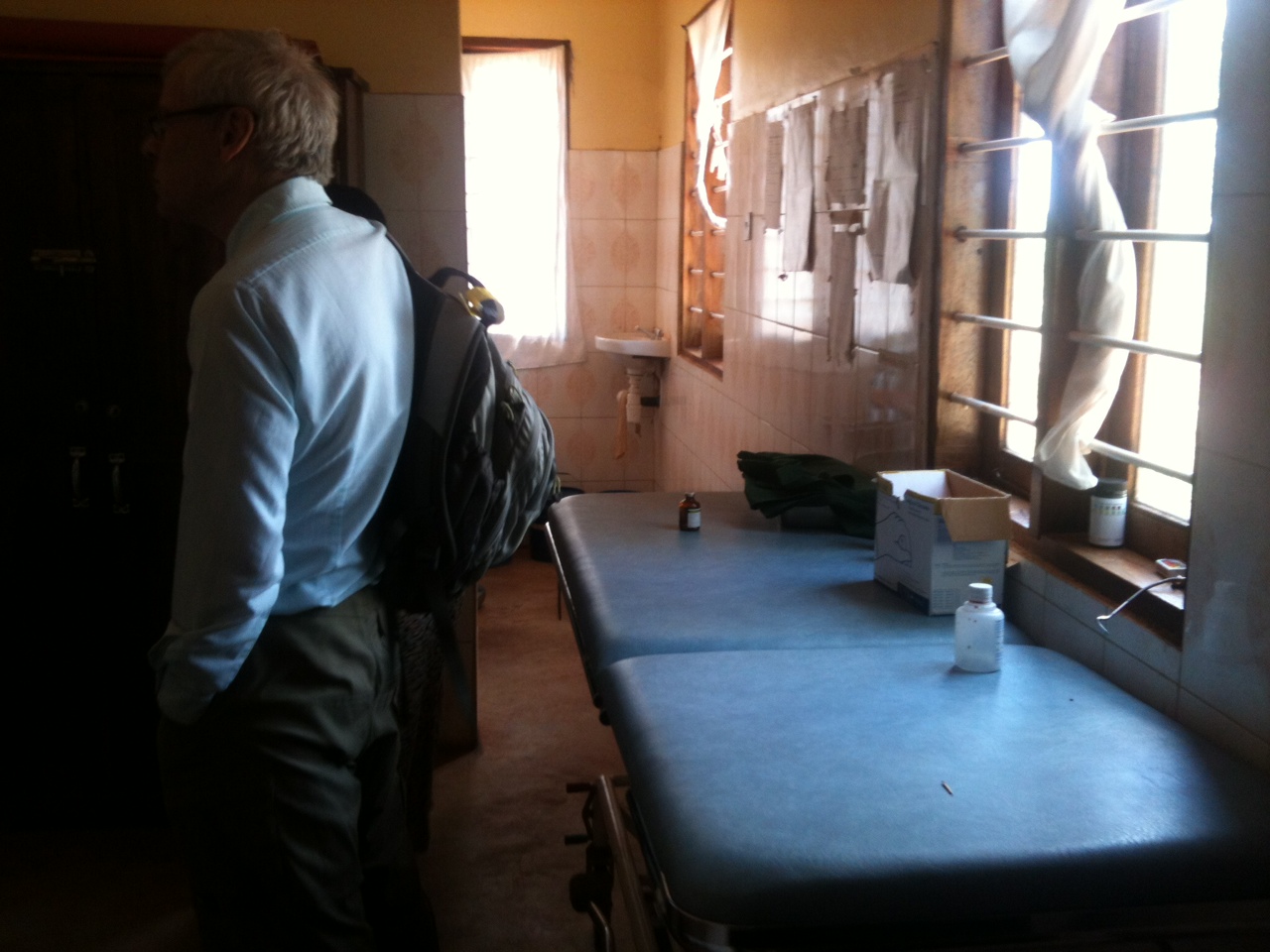Health Technology Assessment for Decision-Making in the Americas is a project under the International Health Grants Program (IHGP). Through this project, the Canadian Society of International Health (CSIH) worked to build capacity for evidence-informed decision making in the Ministries of Health (MOH) in countries that are members of the Pan America Health Organization (PAHO).
The Latin American and Caribbean region faces challenges of boosting the efficiency of their health systems. While countries in this region have been expanding population coverage and access to health services, the poor remain underserved. Additionally, inadequate attention is paid to non-communicable diseases, which account for most deaths in the region. The region’s public health systems would benefit from an increased application of evidence to decision-making and health practices.
To strengthen health systems through evidence-informed decision making in PAHO member-countries’ Ministries of Health.
CSIH worked closely with local and international consultants to apply the WHO’s ‘health systems strengthening’ approach. This builds capacity for evidence-informed decision making through workshops, modules, and networking opportunities.
An evaluation of the workshop on Incorporating Equity in HTA and Evidence-Based Decision-Making by participants indicated that the session was valuable: their knowledge increased, as did their interest in HTA and considerations for equity. Over 80 individuals were introduced to the Equity toolkit across seminars in Chile and workshops in Ottawa and Jamaica, and 40 additional participants were introduced via webinar.
Due to the shortened timeline of the project, it became apparent that in developing future partnerships there must be clear communication in regards to timely decision making and following through with responsibilities. Furthermore, the sound quality of the webinars (particularly for those physically in the workshops) should be improved. This could be addressed by providing workshop participants with individual computer access in order to allow them to participate in a more interactive manner.

